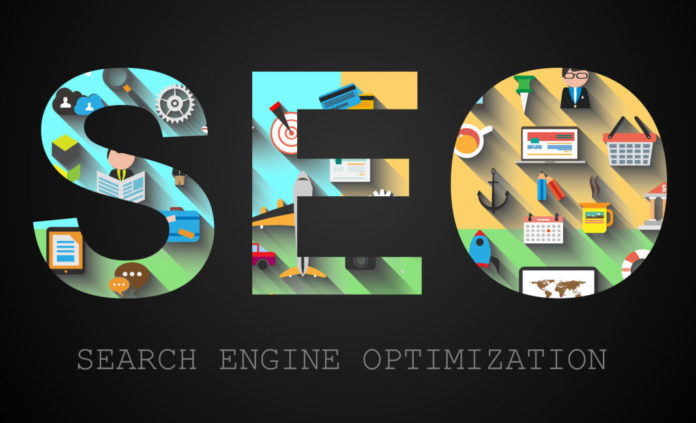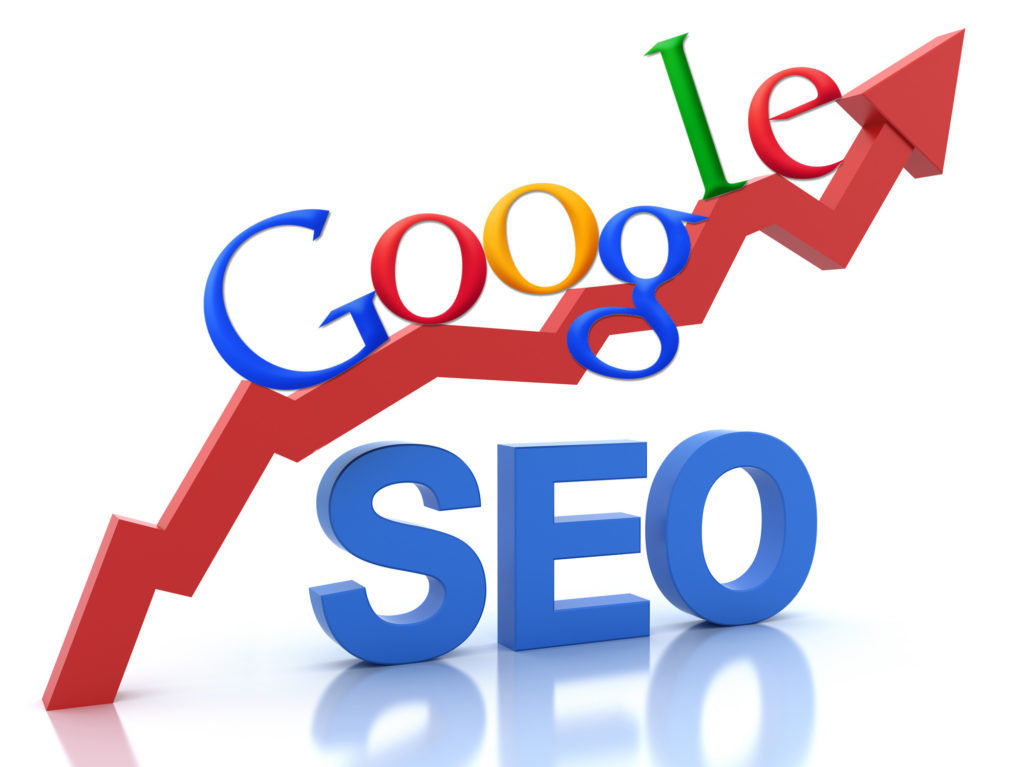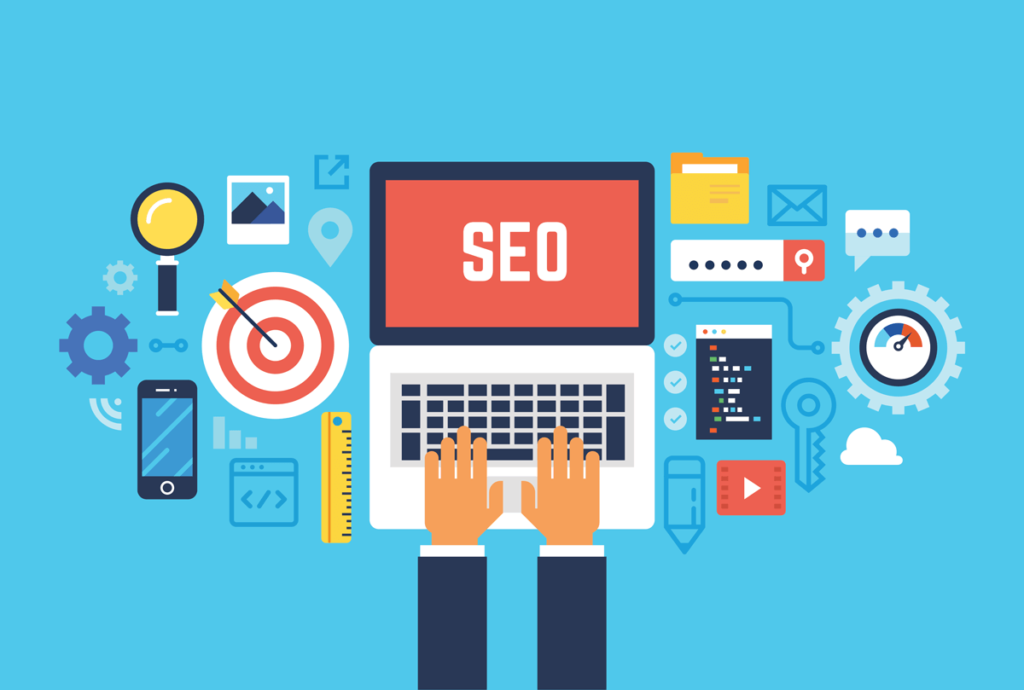
Search engine optimization, or SEO, is a strategy for improving your website’s visibility and ranking when users execute an online search (particularly a Google search). SEO is a constantly evolving discipline that requires a lot of diligent effort to get right. To help you get started, here is a guide to some basic and more advanced SEO tips.
What is SEO?
In some ways, you can envision SEO as a battle between search engines and those trying to make sure their site gets noticed. In other ways, SEO is more like a ballroom dance, with search engines (again, primarily Google) as the lead partner: Google indicates and SEO follows.

These days, a Google search will turn up two types of results. The first are the paid results; these appear at the top of the page, take up nearly half the page, and are designed to get clicks.
The other type of result is what is called “organic” results. These are the sites that naturally link to the keywords that users have defined without the site having to pay for a spot. The top three spots are highly coveted since most clicks go to them. SEO is all about getting a website into these spots.
SEO 101
There are certain basics that will help any website increase its visibility and rankings. However, to get into the top spots, most sites need local SEO software and professional help. Let’s start with the basics:

Excellent content: Your content needs to be relevant to your business, useful to users, and unique. You want users coming to your site to find the answers to their questions and problems because they know that they can get what they need from you. Fresh content needs to be coming down every day.
Smart keyword use: Keywords matter, but Google’s ever-more-sophisticated search algorithm now looks for keywords it knows are related to the precise keyword a user types in. For example, if a user looks for information about “domain authority”, an article about DA that also references page authority, SEO, trust score, and other related terms will search well.
Speed up your site: The longer it takes your site to load, the worse your ranking will be. Google knows that users are likely to leave your website if they have to wait more than three seconds for a page to load. If your site takes too long, Google penalizes you for it in search results.

Advanced SEO
There is a lot more to SEO than just keywords, content, and site speed. Keeping up with the constant changes in SEO strategy is a full-time job, meaning that hiring an SEO professional will be important for most businesses. Here are some advanced SEO requirements:
Optimize for mobile: Google now prioritizes mobile-friendly sites in its search algorithm. If your website isn’t optimized to run on people’s mobile devices, you have no hope of ranking highly for organic searches. It’s not the easiest thing in the world to make a site that runs beautifully on mobile and desktop clients.
Optimize user experience: Otherwise known as UX, user experience involves an enormous number of factors, and no one is completely sure which ones are most important to Google’s figuring. Good UX requires you to have the right site architecture, high dwell times, low bounce rates, and be getting conversions.

Advanced keyword use: In addition to the basics on keywords detailed above, you need to know how to use keywords strategically in titles, H1 tags, URLs, image descriptions, meta descriptions, and ALT text. At the same time, using too many keywords can be even worse than having none.
SEO is complicated and constantly changing. You can check out this site for even more information on how SEO works, specifically for small to medium business owners. There is a lot of great information about how SEO and digital marketing can be applied online.
It’s worth getting right, though, because it can make all the difference to your site, your brand presence, and your bottom line.














